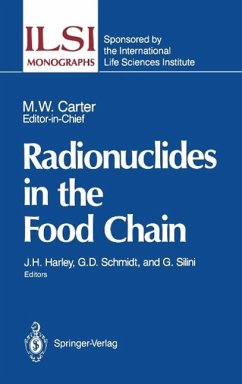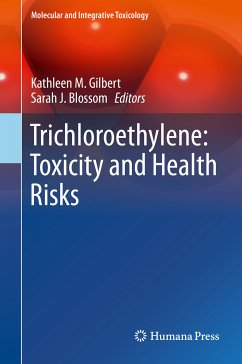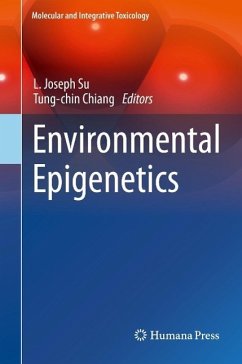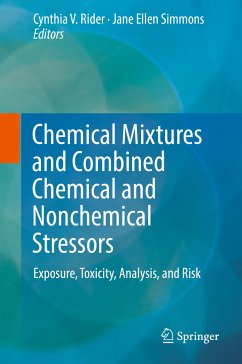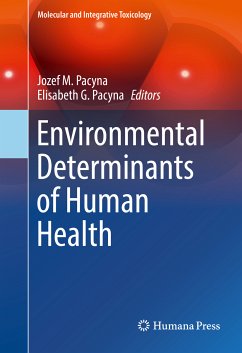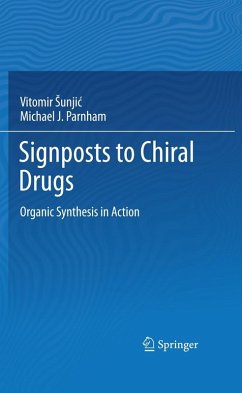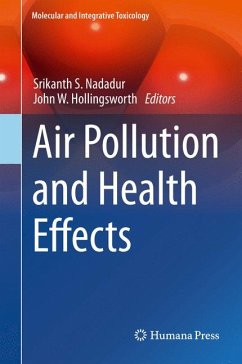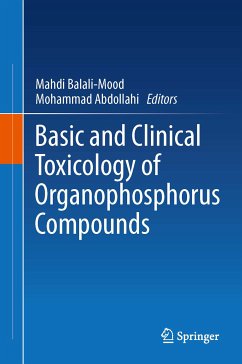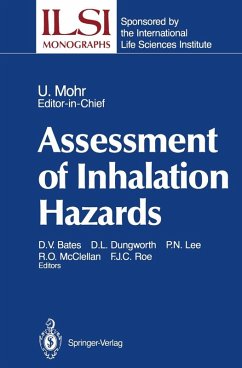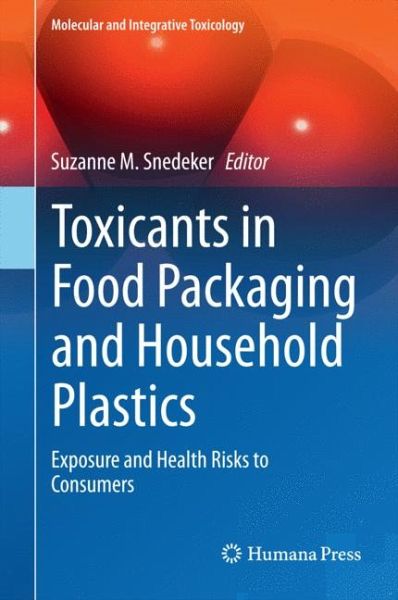
Toxicants in Food Packaging and Household Plastics (eBook, PDF)
Exposure and Health Risks to Consumers
Redaktion: Snedeker, Suzanne M.
Versandkostenfrei!
Sofort per Download lieferbar
112,95 €
inkl. MwSt.
Weitere Ausgaben:

PAYBACK Punkte
56 °P sammeln!
This book serves as a comprehensive resource on toxicants that can be released from food packaging materials and household plastics. Chapters include sources and levels of chemical exposure, known and suspected health effects and the identification of data gaps with recommendations for further research. In addition, regulatory approaches and risk assessment challenges in the United States and Europe are discussed.Chapters cover both the more widely known chemicals that can migrate from food packaging (bisphenol A, perfluorinated chemicals), and household plastics (lead, phthalates, brominated ...
This book serves as a comprehensive resource on toxicants that can be released from food packaging materials and household plastics. Chapters include sources and levels of chemical exposure, known and suspected health effects and the identification of data gaps with recommendations for further research. In addition, regulatory approaches and risk assessment challenges in the United States and Europe are discussed.
Chapters cover both the more widely known chemicals that can migrate from food packaging (bisphenol A, perfluorinated chemicals), and household plastics (lead, phthalates, brominated flame retardants), as well as chemicals that are just entering use in food packaging (nanomaterials in polymer food packaging) and chemicals recently identified as migrating from food packaging to food stuffs (phthalates, benzophenones, antimony, methylnaphthalene and the alkylphenols nonylphenol and octylphenol). Chapters on phthalates and brominated flame retardants discuss challenges that arise with the use of replacement chemicals. The health effect sections of chapters have drawn on a wide variety of toxicological endpoints and recommend approaches to better assess toxicological risks in vulnerable human populations.
Reflecting the global nature of our food supply and household consumer goods, contributions have been drawn from international experts. A wide range of scientists will find this book to be useful, including toxicologists, environmental health scientists, food scientists, and regulators.
Chapters cover both the more widely known chemicals that can migrate from food packaging (bisphenol A, perfluorinated chemicals), and household plastics (lead, phthalates, brominated flame retardants), as well as chemicals that are just entering use in food packaging (nanomaterials in polymer food packaging) and chemicals recently identified as migrating from food packaging to food stuffs (phthalates, benzophenones, antimony, methylnaphthalene and the alkylphenols nonylphenol and octylphenol). Chapters on phthalates and brominated flame retardants discuss challenges that arise with the use of replacement chemicals. The health effect sections of chapters have drawn on a wide variety of toxicological endpoints and recommend approaches to better assess toxicological risks in vulnerable human populations.
Reflecting the global nature of our food supply and household consumer goods, contributions have been drawn from international experts. A wide range of scientists will find this book to be useful, including toxicologists, environmental health scientists, food scientists, and regulators.
Dieser Download kann aus rechtlichen Gründen nur mit Rechnungsadresse in A, B, BG, CY, CZ, D, DK, EW, E, FIN, F, GR, HR, H, IRL, I, LT, L, LR, M, NL, PL, P, R, S, SLO, SK ausgeliefert werden.




